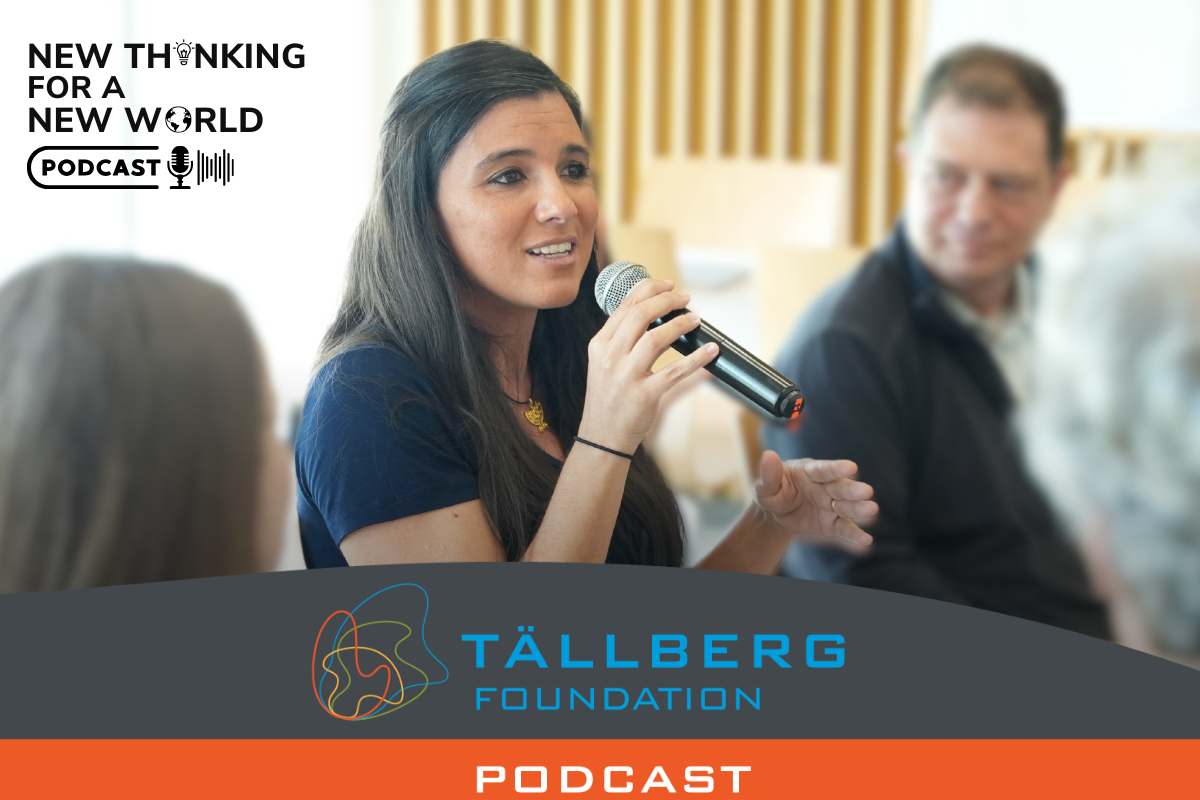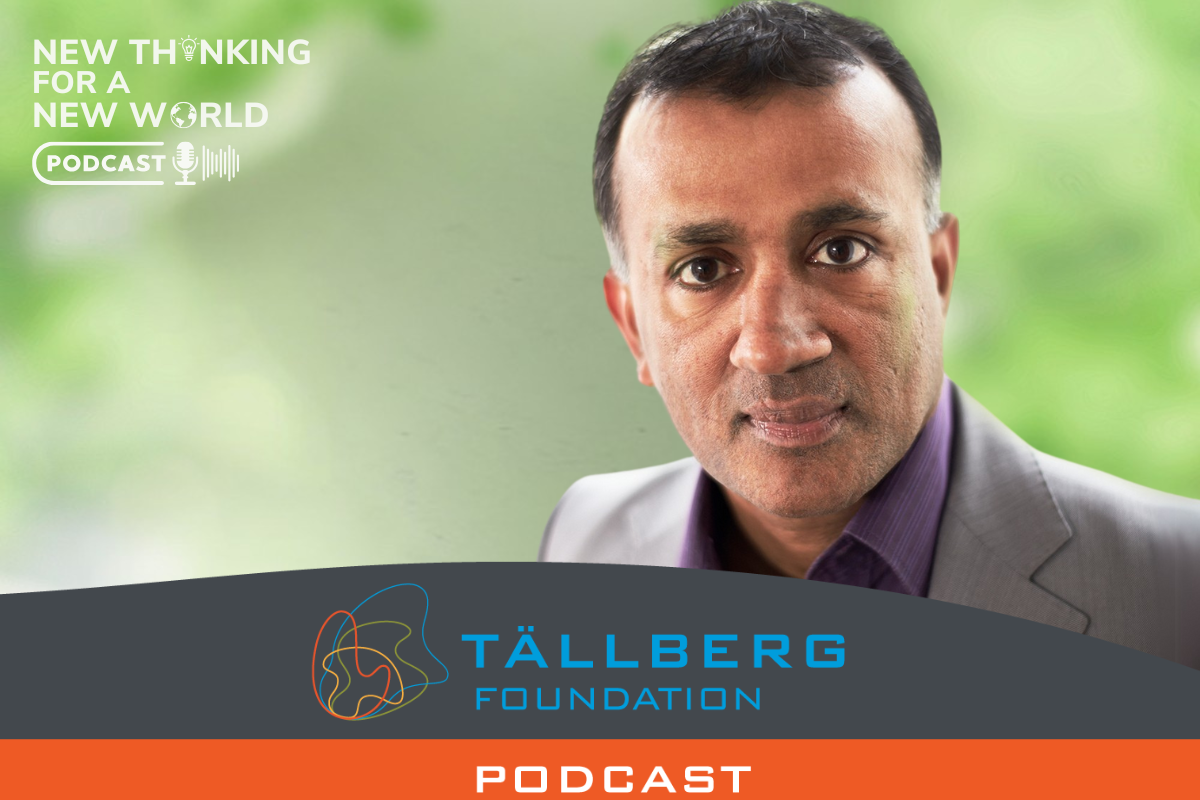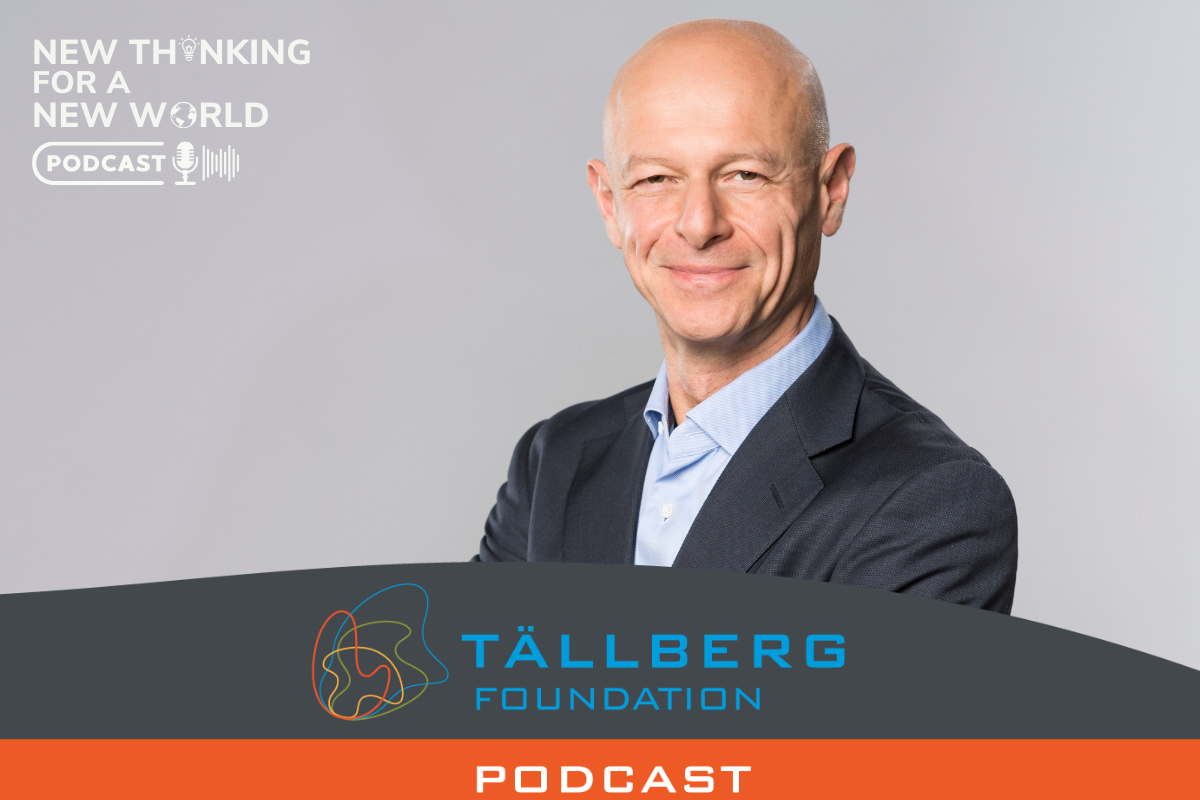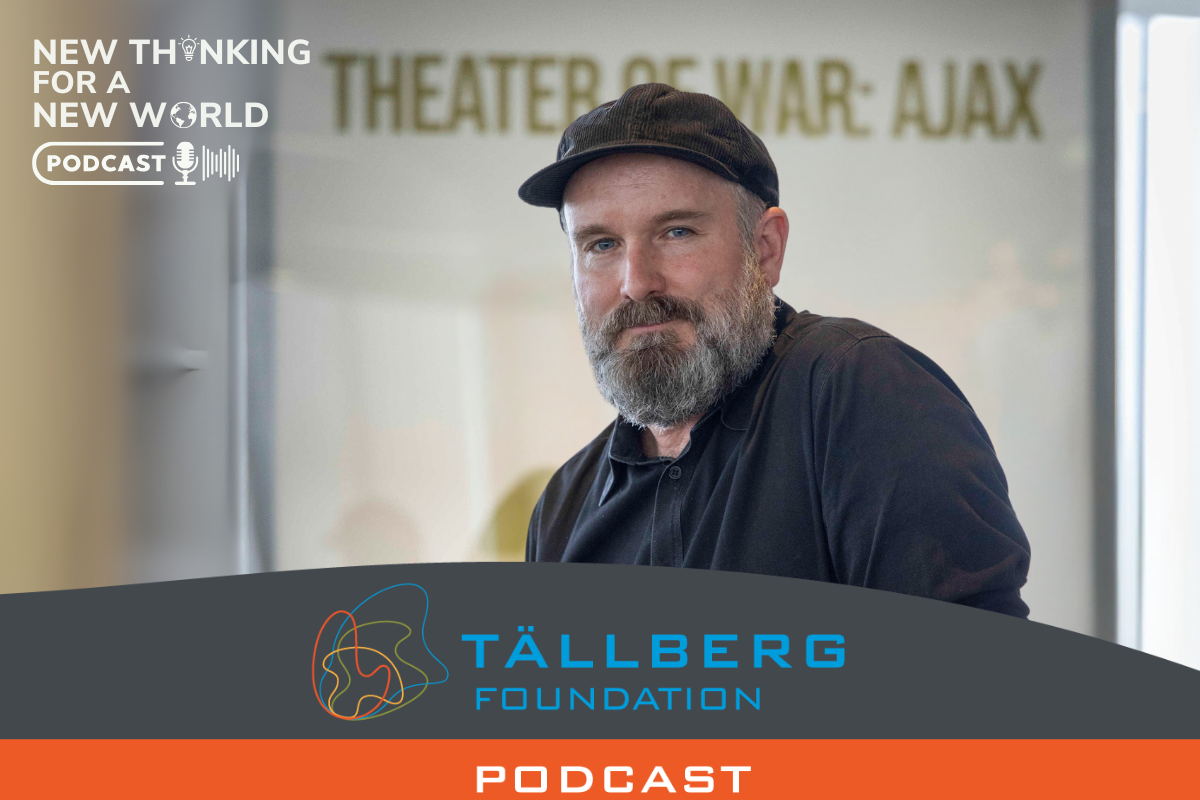Luke Iseman and Andrew Song explain how they think they can cool the planet.
Supposedly, Herodotus wrote that when the Greeks were told that the Persian archers at the Battle of Thermopylae would blot out the sun with their arrows, they responded: “Good, then we shall have our battle in the shade.”
Fast forward to the early 21st century and the issue is no longer Persian arrows, but the relentless heat from a sun less and less buffered by earth’s atmosphere because of the accumulated greenhouse gasses. The result, according to scientists, is a rapidly warming planet with increasingly extreme weather, droughts and floods, supercyclones and hurricanes, raging forest fires, or other unusually intense natural disasters. All of that has become the new normal with every likelihood that what’s extreme today might be perceived as moderate next year. The need for shade has never been greater!
What can be done?
One possibility is what’s called “solar radiation management.” SRM essentially amounts to reducing the amount of solar radiation hitting, and hence warming, the planet. It’s either an obvious approach—think, if not Persian arrows then the eruption of huge volcanoes—or crazy dangerous, depending on where you sit.
Luke Iseman and Andrew Song think it’s obvious, and are pioneers in trying to deflect solar radiation away from the Earth. But, unlike scientists, they have decided to stop talking about it and have begun doing it. Listen as they explain how they think they can cool the planet.
Is it okay for individuals to try to re-engineer the climate? TELL US WHAT YOU THINK BY COMMENTING BELOW
Listen to the episode here or find the New Thinking for a New World podcast on a platform of your choice (Apple podcast, Spotify, Google podcast, Youtube, etc).
ABOUT OUR GUESTS
Luke Iseman is a graduate of The Wharton School of the University of Pennsylvania and has over 10 years of experience in building and leading startups that focus on sustainability, including boxouse, growerbot, Soil IQ, and re:char. Luke has also worked as the Director of Hardware at Y Combinator, where Luke helped hundreds of hardware founders accelerate their growth and achieve their goals.
Andrew Song has a degree in economics from New York University. Andrew is a sales leader, with extensive experience in business-to-business sales, marketing, and operations. And was an early hire at HackerRank, Scale AI, and Drop.com. He also co-founded a Y Combinator-backed startup that made guitars you can play in less than five minutes.




I am not an expert in these matters. I went through a few papers (old and new) on the subject. I trust that those experts that are not dependent on the economics of SRM (those dependent on SRM investments would be more inclined to be biased) would have a truer assessment of the advantages and risks involved. From what I see, the assessment is clearly and very definitely against SRMs. The magnitude of the increased risks involved are staggering. Additionally, the “unknowns” have the potential to be not only numerous but of tragic and long lasting impact. In my world, we talk of the “precautionary approach”, which is positively hated by the industry. Yet when the risks associated have the potential to be significant and have a great impact, the community agree not to try it. Here is such a case. Finally, the last nail, if there are no other alternatives, then one may consider to do the unthinkable unknown. This is not the case here: (i) There are a long rows of innovations under way that address the issue(s); (ii) SRM would convey the feeling that we can go on consuming and abusing environment as before, this is a populistic fantasy that need to be addressed, not supported.
Warm greetings,
Jacques
As an engineer, I’ll admit that we are implicit in the sweeping climate change that is happening to our planet, but I am also optimistic that we can solve the problem. SRM is one possibility. If you look at what happened post-9/11 when air travel in the US was suspended for days, the climatologists went out and took measurements and found that the elimination of the ‘contrails cloud’ that continually blankets the US, even for that short time, gave a marked reduction in surface temperatures. So why not do an experiment and supply each major airliner with a charge of sulphur dioxide and allow them to create a reflective blanket and see if this does not indeed lower temperatures. Of course, things could backfire, like when the introduction of bio predators into an invasive species problem occasionally goes awry. Certainly worth analyzing.